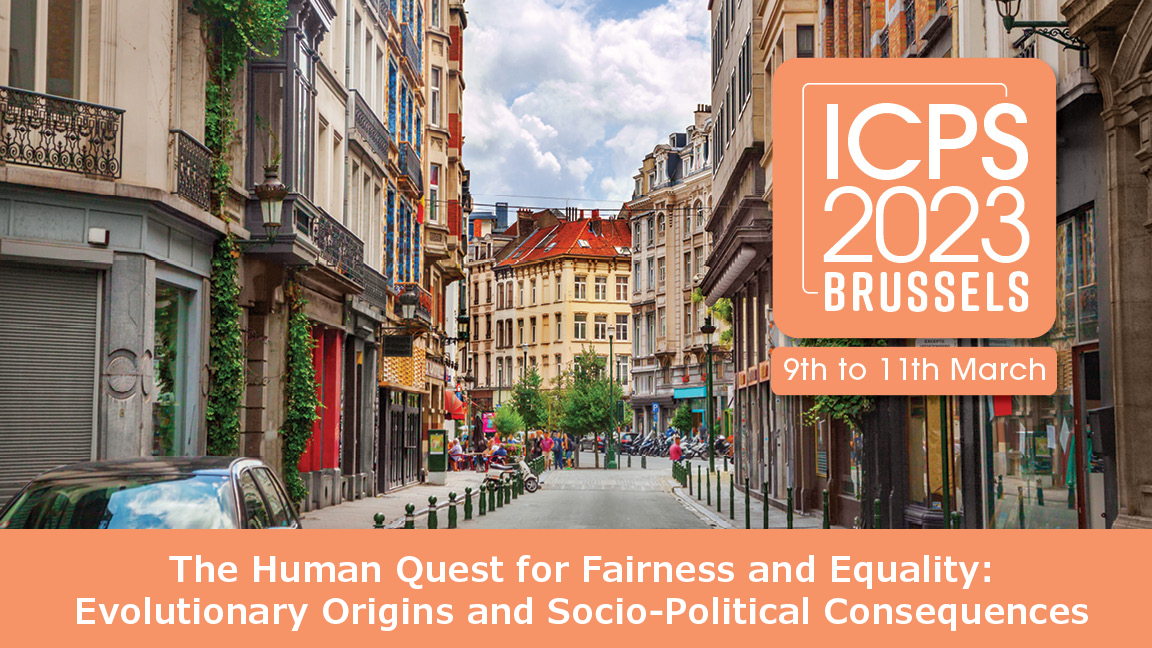Please log in to view this content. Note that this video is only available to those who registered for APS 2023 or APS members who purchase access.
Over the past 20 years, we’ve learned that early adversity has surprisingly broad and long-lasting effects on adult life. Children who experience more adversity are more likely to suffer from anxiety and depression as adults. Early adversity even makes physical diseases like heart disease and cancer more likely, as well as affecting income and education levels. The practical importance of these results is clear—improving the lives of children is one of the best investments we can make. But the mechanisms that lead to these effects are still mysterious—why would witnessing gun violence when you are five make you more likely to develop depression at 35 or heart disease at 55? In this symposium, experts in psychology, neuroscience, and evolutionary biology present cutting-edge theoretical ideas and empirical results that may help explain just how early adversity influences the developing mind and brain.
Chair: Alison Gopnik
Speakers:
Seth Pollak, University of Wisconsin–Madison
Allyson P. Mackey, University of Pennsylvania
Willem Frankenhuis, Radboud University, Netherlands
ICPS 2023 Videos >
-

Keynote Address: Integrating Knowledge in Psychological Science Using Ontologies
Susan Michie presents the “Behaviour Change Intervention Ontology,” which has the potential to dramatically enhance evidence integration and knowledge development using hybrid human-computer systems, thereby accelerating scientific advancements.
-

Keynote Address: The Human Quest for Fairness and Equality: Evolutionary Origins and Socio-Political Consequences
Ernst Fehr shows that individuals cluster around three global, fundamentally distinct, preference types characterized as altruistic, inequality averse, and predominantly selfish—with the selfish type typically comprising a minority of individuals.
-

Keynote Address: Blood, Sweat, and Tears: Human Social Chemosignaling in Health and Disease
Noam Sobel describes his findings on mechanisms of human chemosignaling in both health and disease. Based on these findings, he argues that, in contrast to common notions, humans are highly olfactory animals, and body-odors dominate our social behavior.
